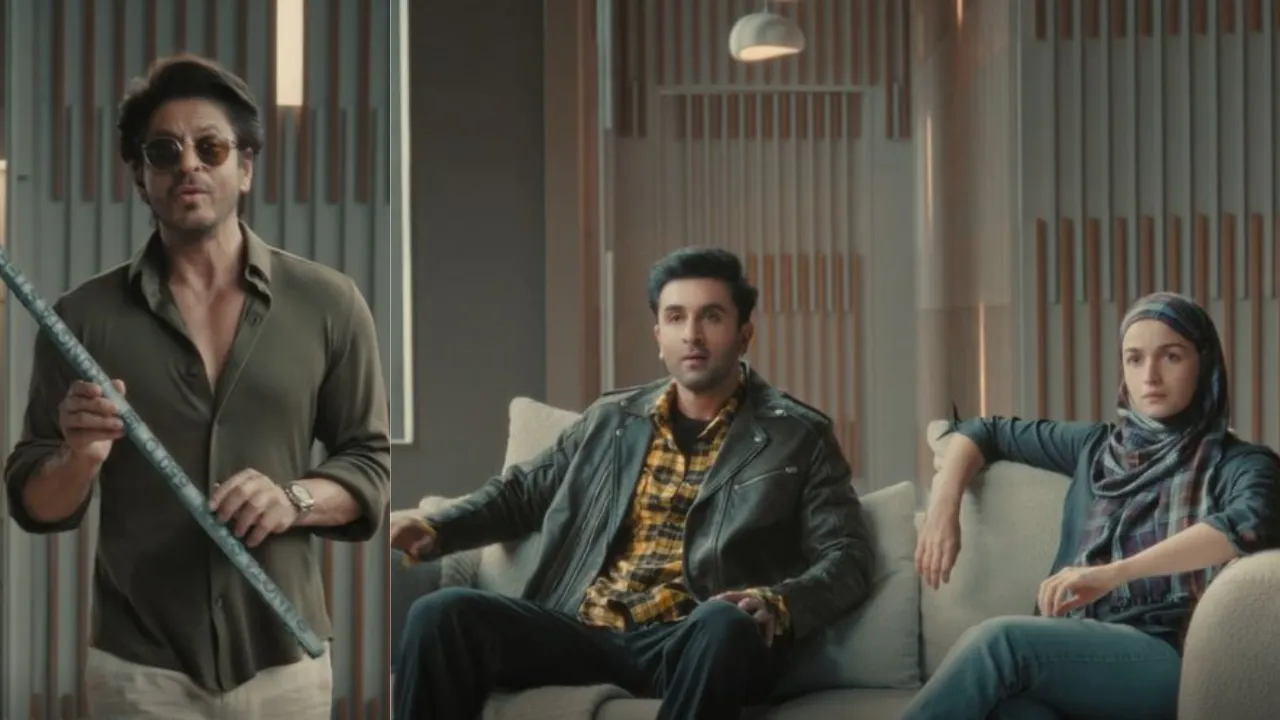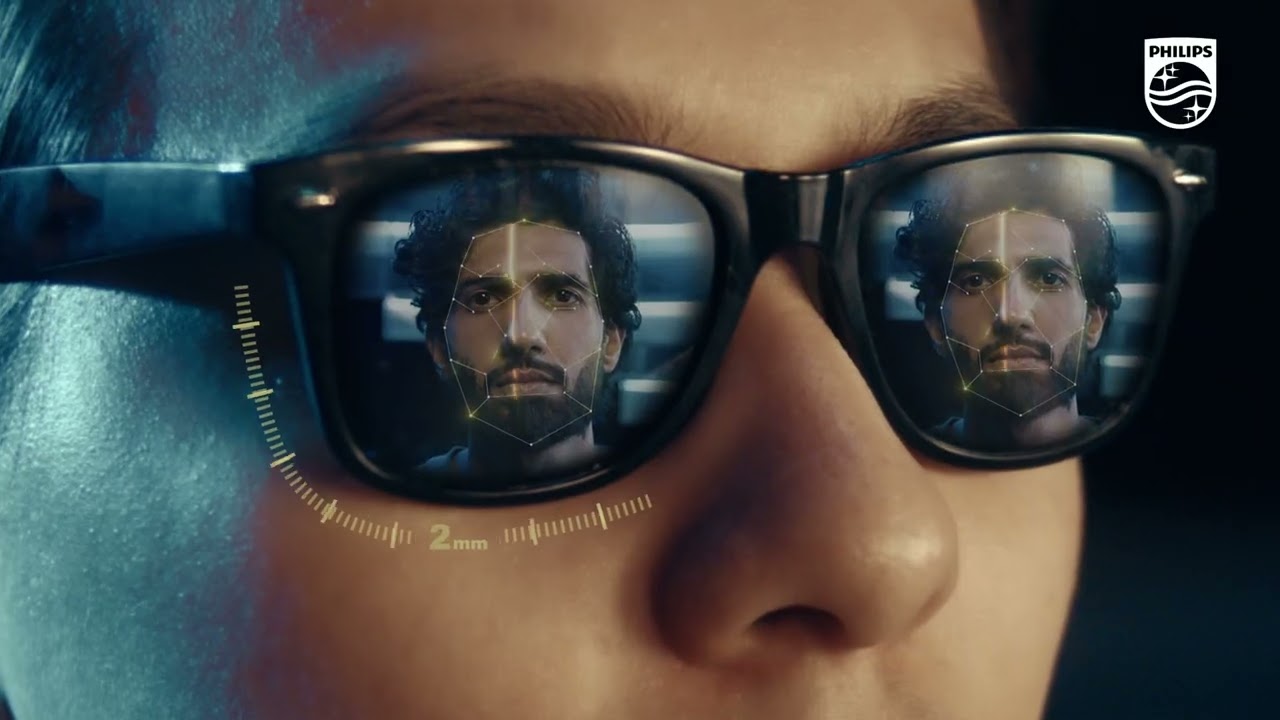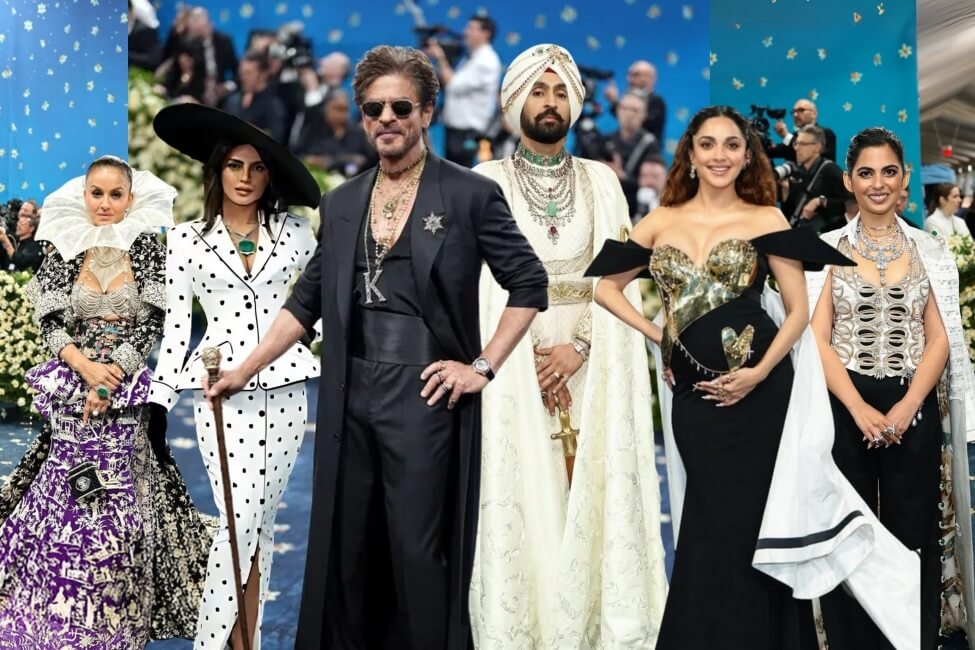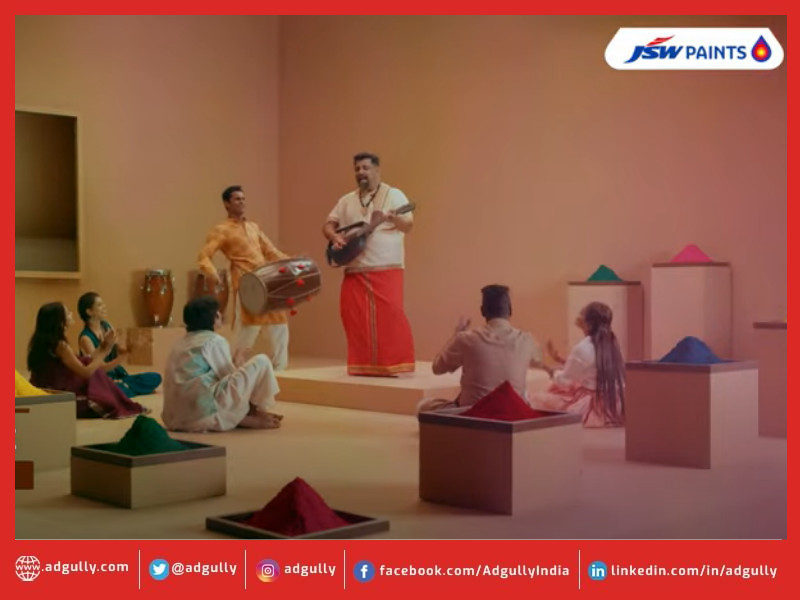In a creative trend gaining momentum, brands are leveraging the charm and relatability of iconic movie characters to create memorable advertising campaigns. A recent example is Rungta Steel’s ad featuring Shah Rukh Khan, Ranbir Kapoor, and Alia Bhatt, who reprise their beloved roles as Dr. Jahangir Khan (Dear Zindagi), Bunny (Yeh Jawaani Hai Deewani), and Safeena (Gully Boy) respectively. This marks the third advertisement from Rungta Steel showcasing the trio in a unique and entertaining storyline, seamlessly blending cinematic nostalgia with product promotion.
A Narrative That Resonates
The latest ad places the characters in a humorous yet relatable scenario. Bunny and Safeena, now married, are seeking counseling from Dr. Jahangir Khan as their relationship faces turmoil. Safeena’s fiery personality clashes with Bunny’s free-spirited nature, leading to a dispute about their crumbling home environment. Dr. Khan’s witty resolution ties back to Rungta Steel’s brand promise: the durability and trust of their products.
This inventive narrative captures audiences by blending nostalgia with contemporary storytelling, making the brand message both engaging and memorable.
The Role of Nostalgia in Marketing
This campaign reflects a broader strategy in advertising: nostalgia marketing. By reviving cherished characters, brands evoke positive emotions and rekindle fond memories, fostering a strong connection with audiences. Rungta Steel isn’t alone in this approach:
Oppo reunited the cast of Wake Up Sid for a campaign that struck an emotional chord.
ACKO Insurance brought back Munna Bhai and Circuit, played by Sanjay Dutt and Arshad Warsi, showcasing their comedic chemistry in a modern setting.
The cast of Sony TV’s C.I.D., a long-running and beloved crime series, has also made appearances in multiple ads, tapping into the loyalty of their fan base.
These campaigns don’t just rely on star power; they leverage the emotional weight of characters who have become cultural icons.
Moonshot’s Mastery in Celebrity Advertising
Moonshot, the creative agency behind Rungta Steel’s campaigns, has established a reputation for seamlessly integrating celebrity personas into brand narratives. Their expertise in crafting humor-laden, character-driven ads includes memorable campaigns such as CRED’s ‘audition’ series and Lenskart’s humorous adverts featuring Karan Johar and Kiara Advani. By allowing celebrities to play beloved roles, Moonshot adds an authentic layer of storytelling that resonates deeply with viewers.
Why It Works
This approach works because it strikes a delicate balance between familiarity and innovation. By anchoring campaigns in iconic roles, brands benefit from:
Instant recognition: Audiences immediately connect with the characters and, by extension, the brand.
Emotional engagement: Nostalgia elicits a sense of comfort and positivity, fostering trust.
Story-driven promotion: Character-driven narratives make advertisements more engaging and less transactional.
Strengthening Brand Identity
According to Arvind Kumar, Joint Vice President and Head (Sales & Marketing) at Rungta Steel, the campaign reflects their commitment to building trust and showcasing their products’ reliability. By pairing this with beloved characters, Rungta Steel positions itself as a brand that values both tradition and innovation while expanding into new markets.
The Nostalgia Trend in the Bigger Picture
Nostalgia marketing’s rise highlights a shift in how brands communicate with audiences. In an age saturated with digital content, tapping into cultural touchstones offers a unique way to stand out. Whether it’s reuniting film casts, reviving TV characters, or playing on iconic dialogues, this trend not only captivates existing fans but also introduces younger audiences to these cultural legacies.
As brands like Rungta Steel continue to merge cinematic nostalgia with advertising creativity, audiences can look forward to more campaigns that celebrate the timeless appeal of their favorite characters, proving that a touch of nostalgia never goes out of style.
Video:
Author: Sania Khan











